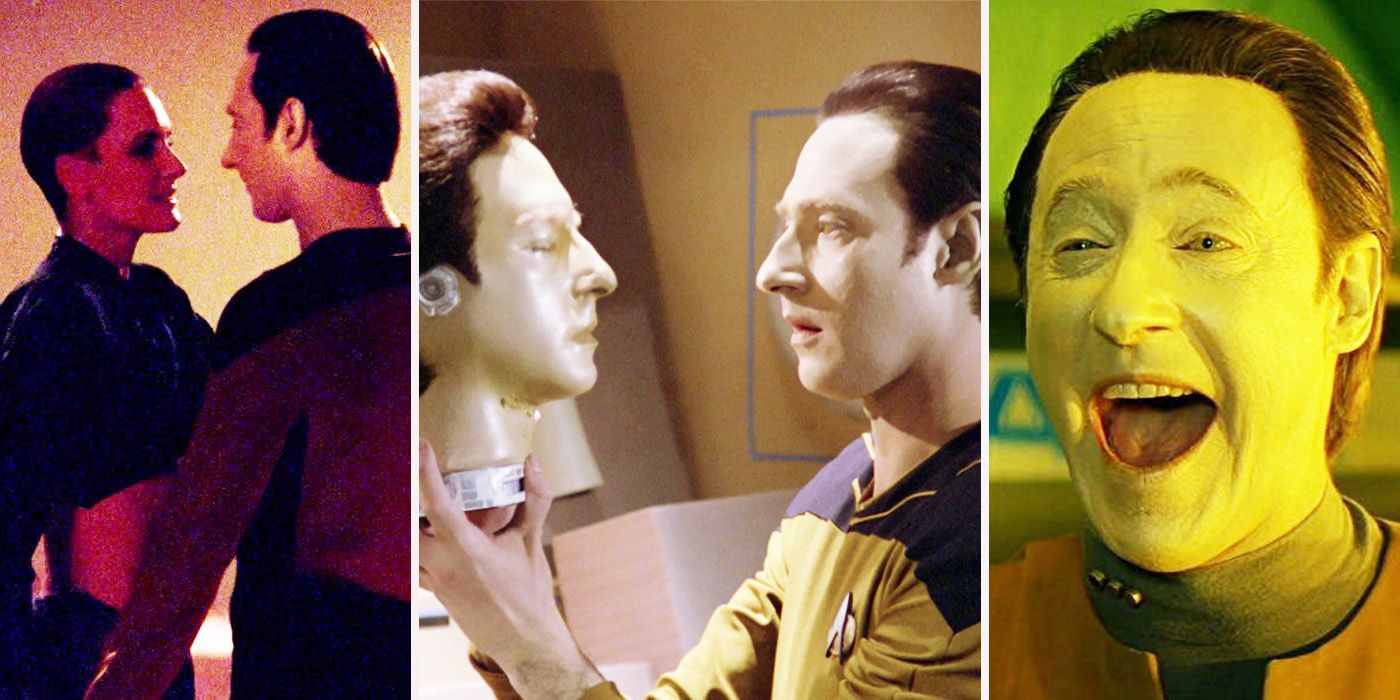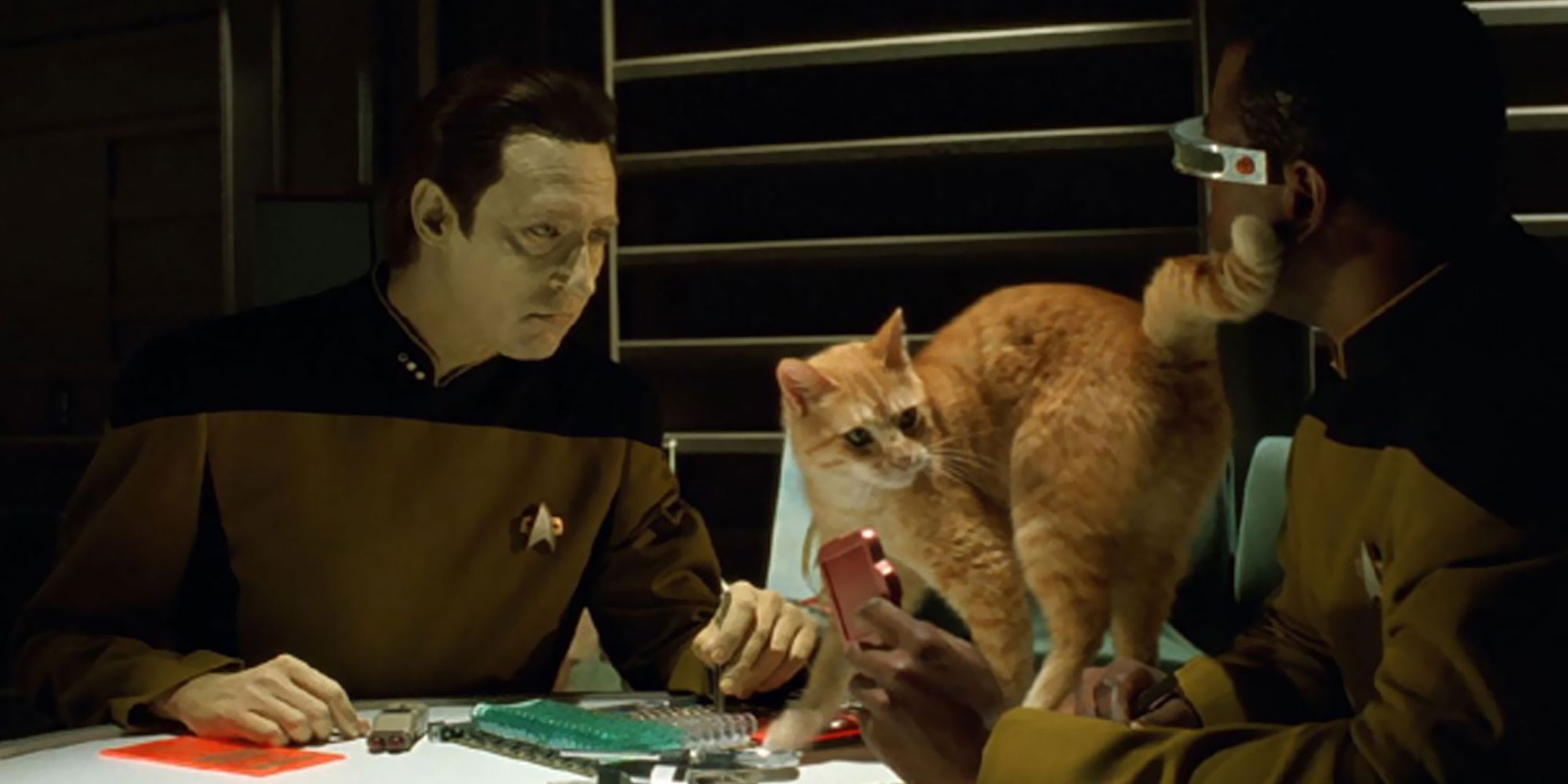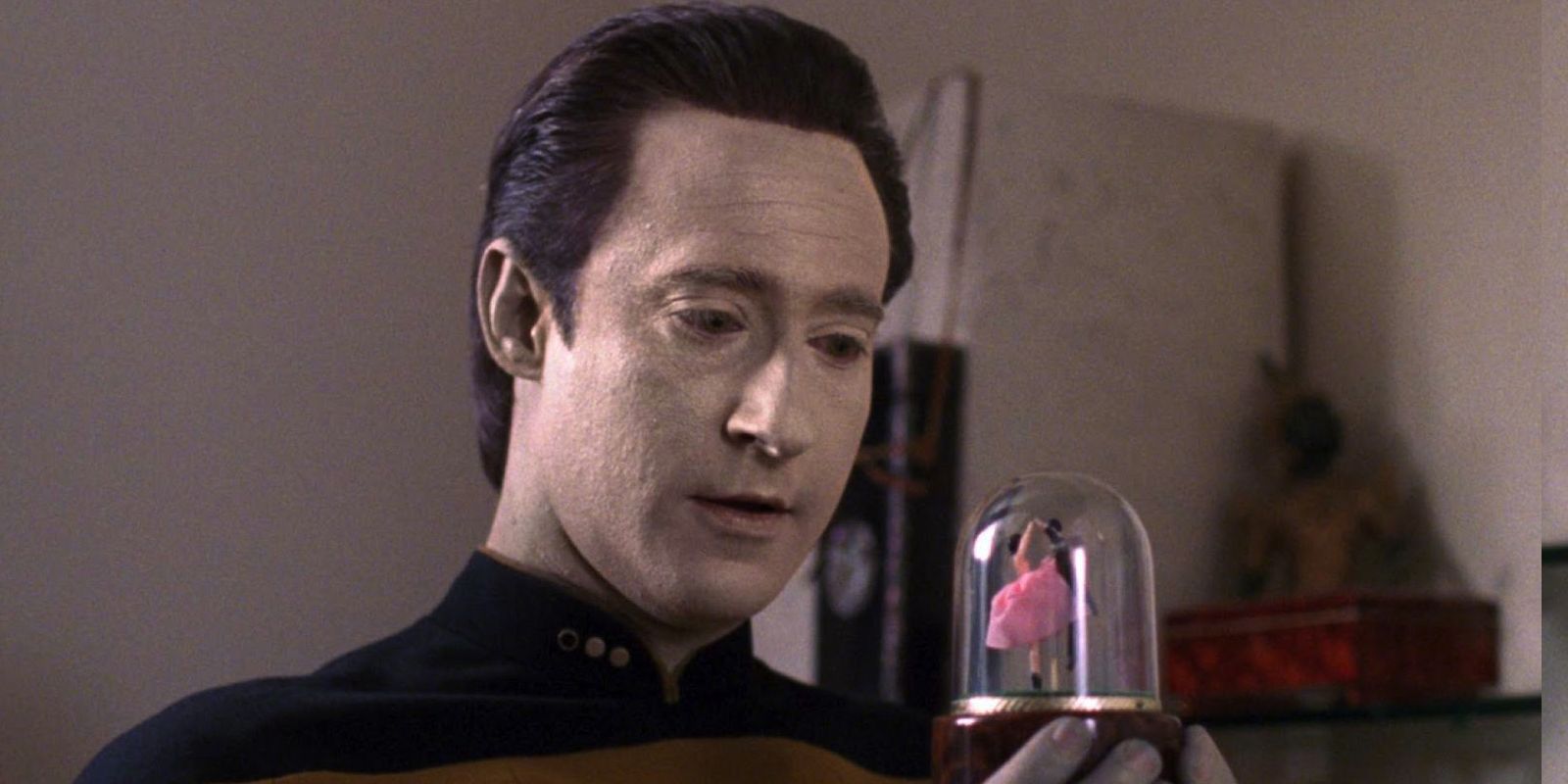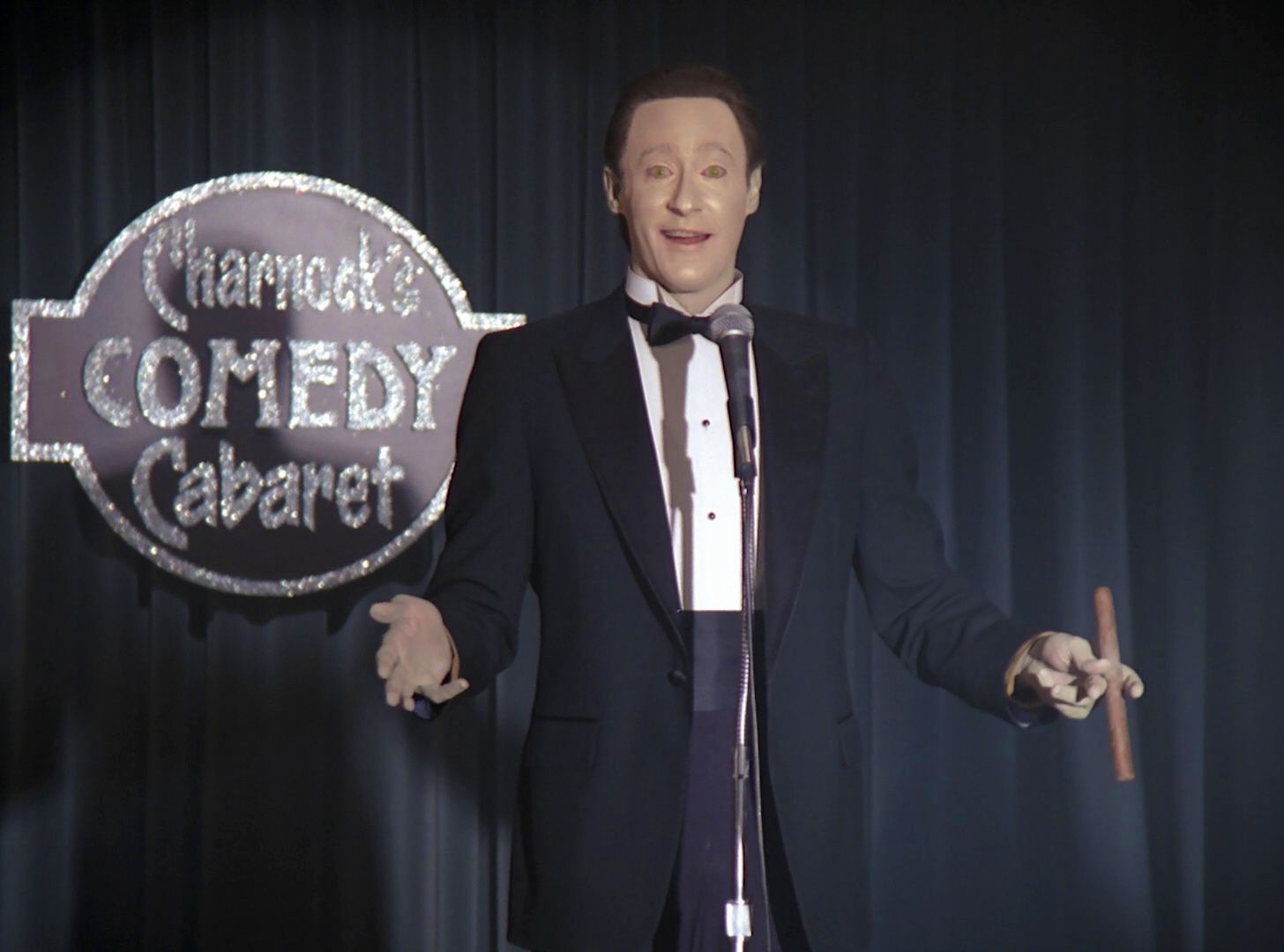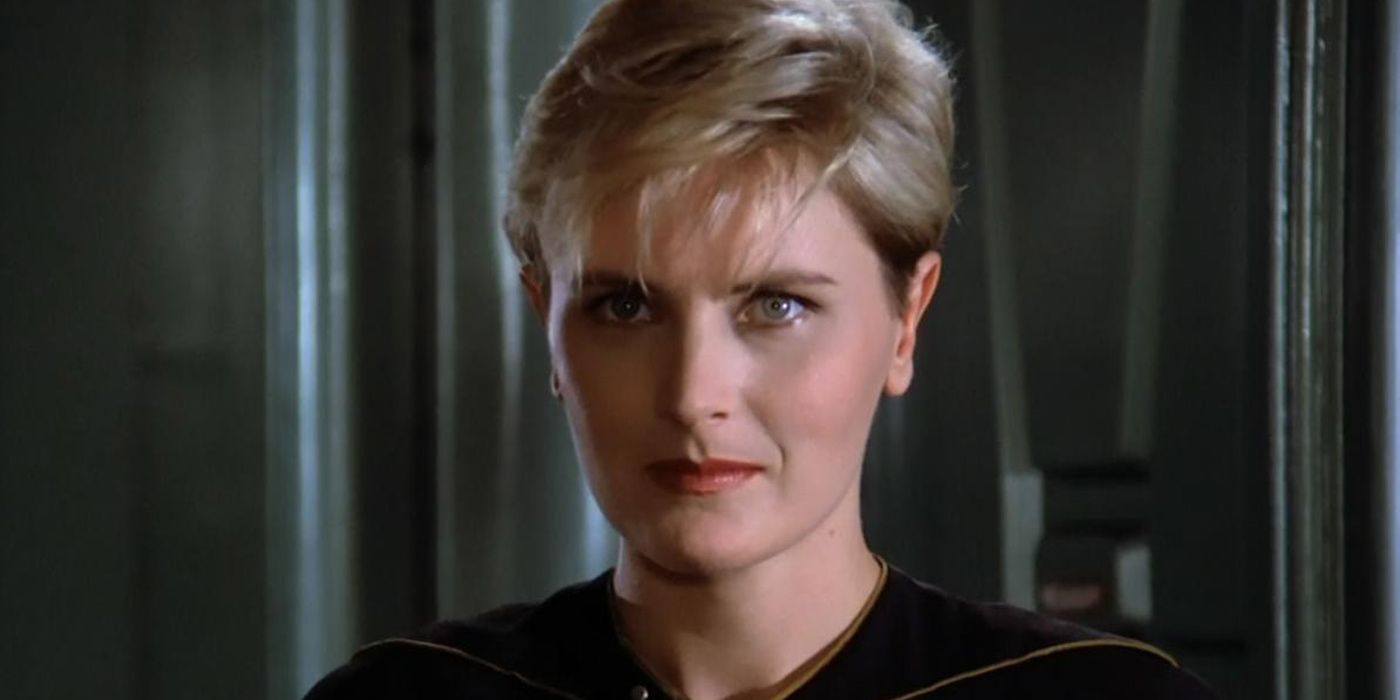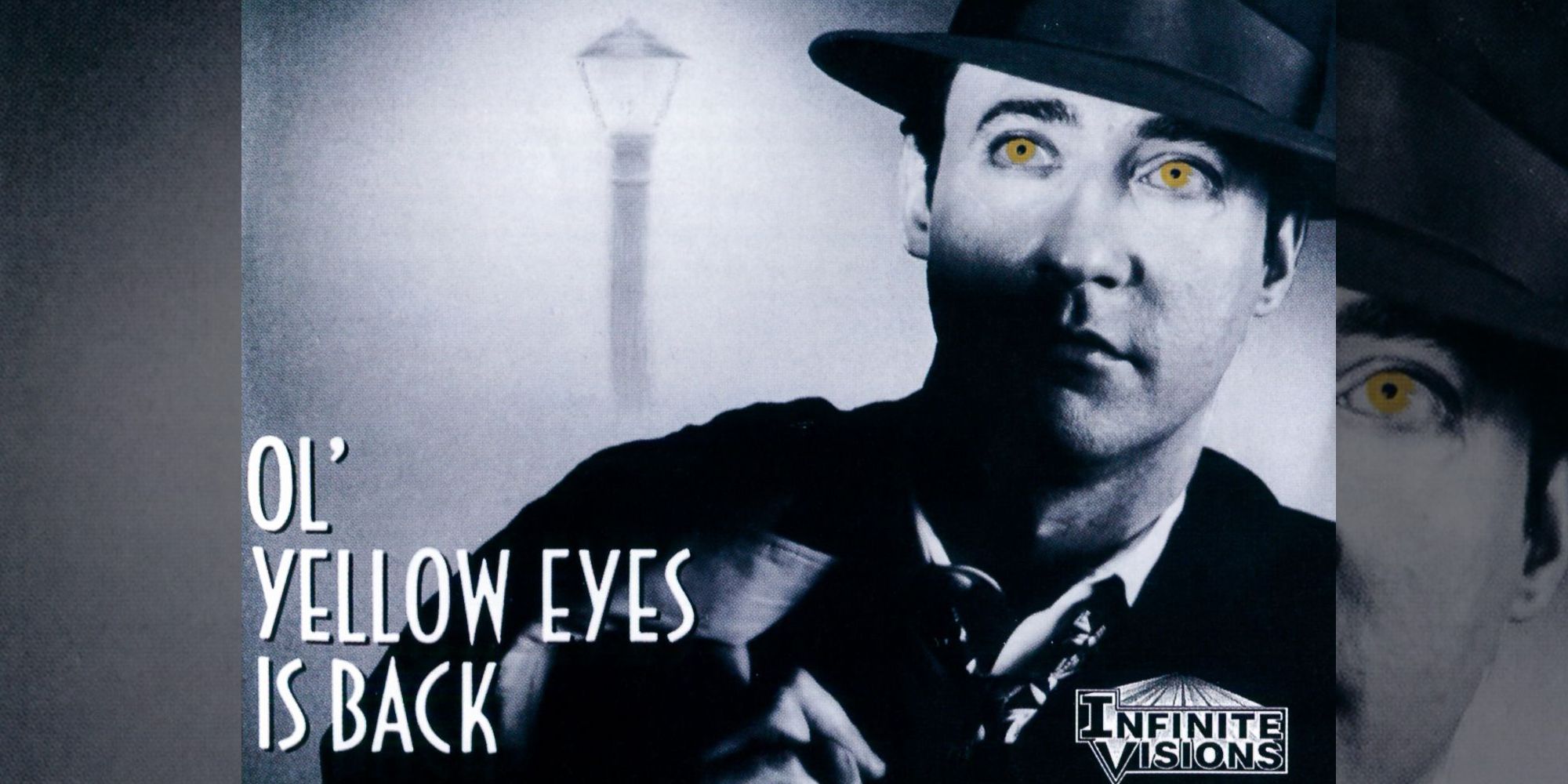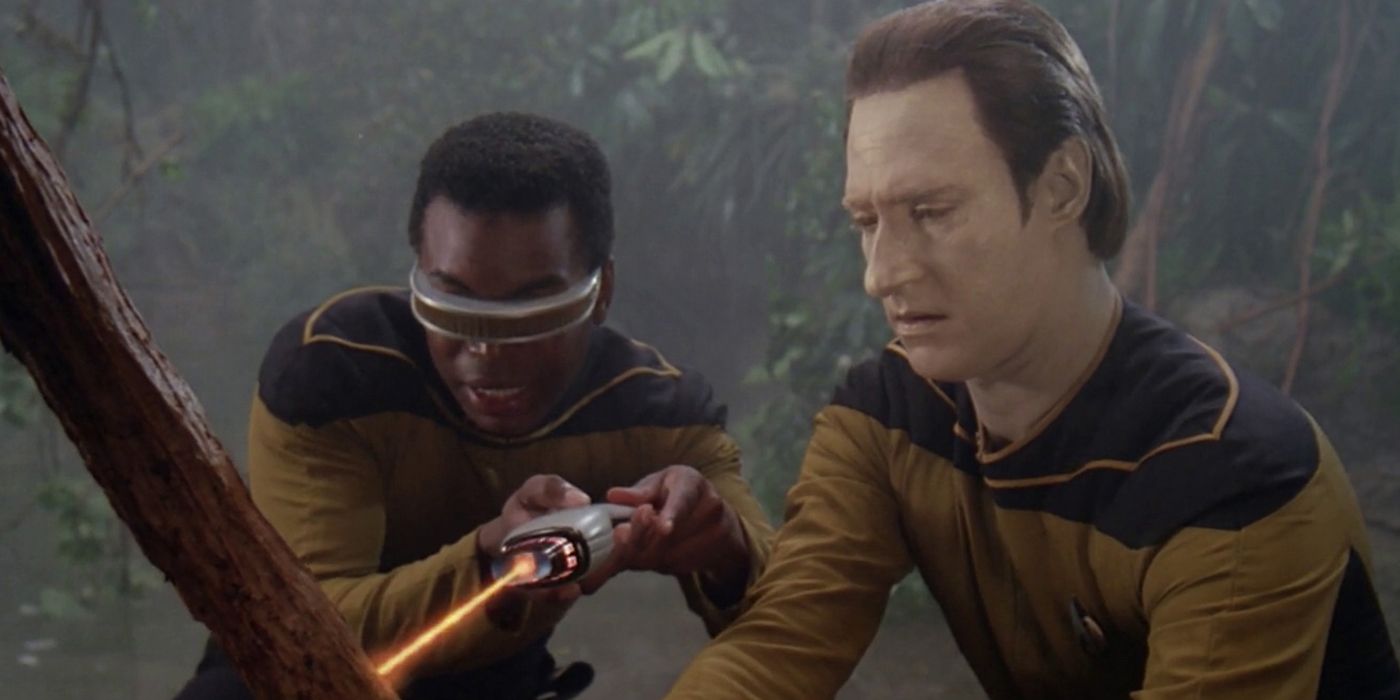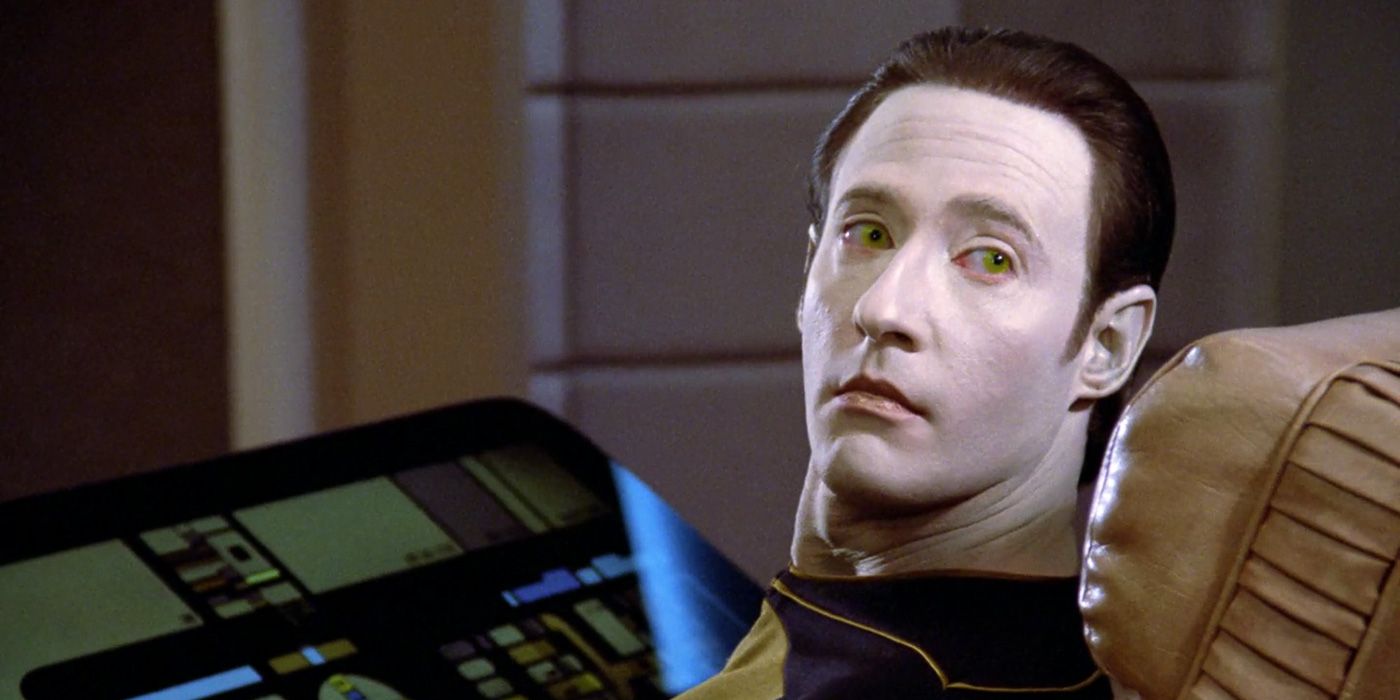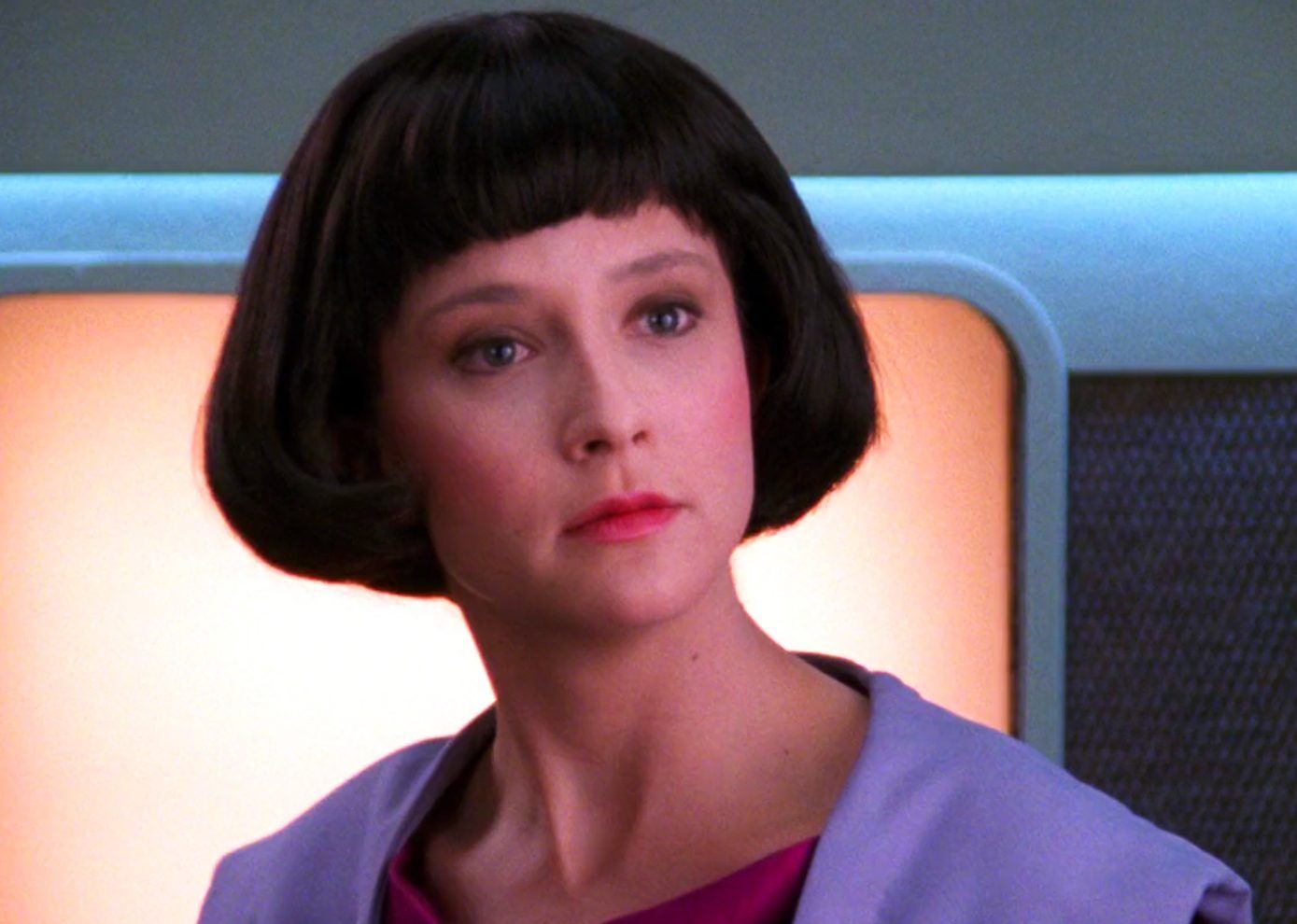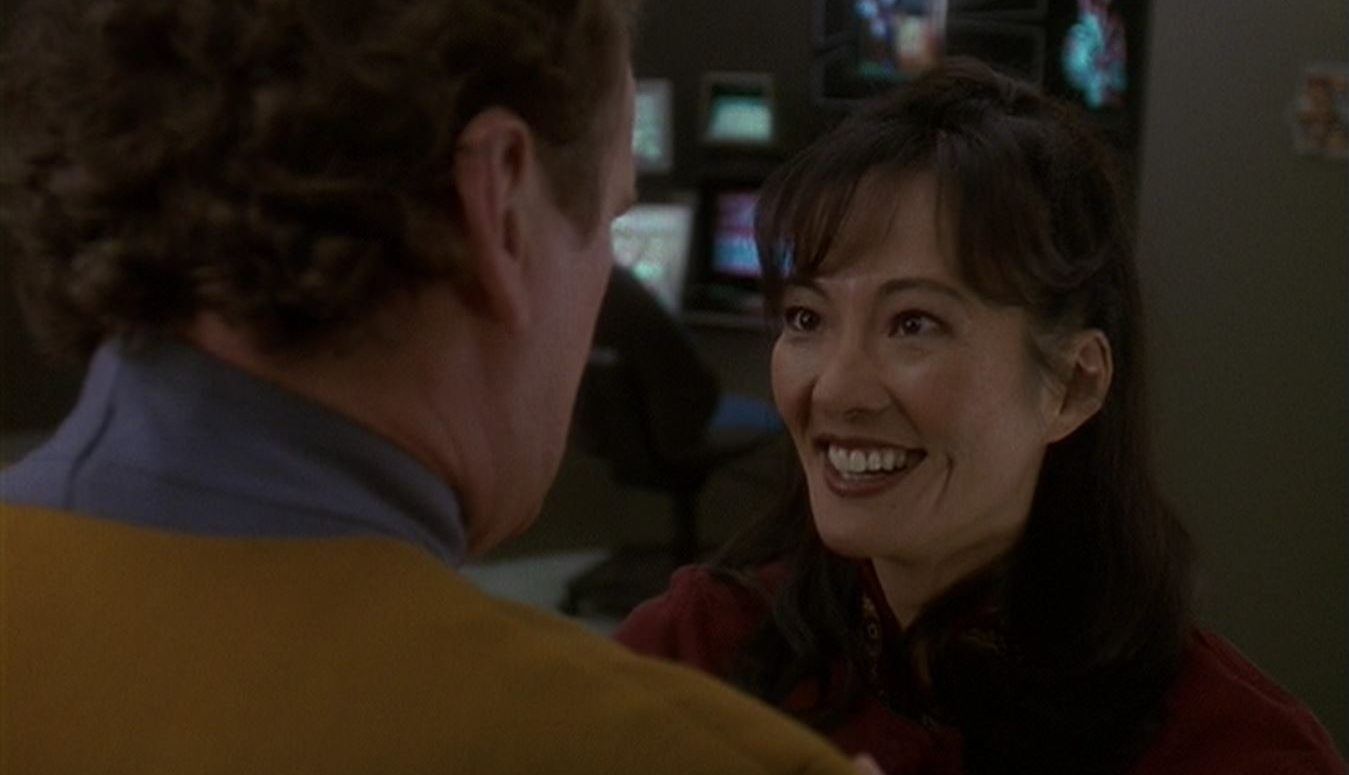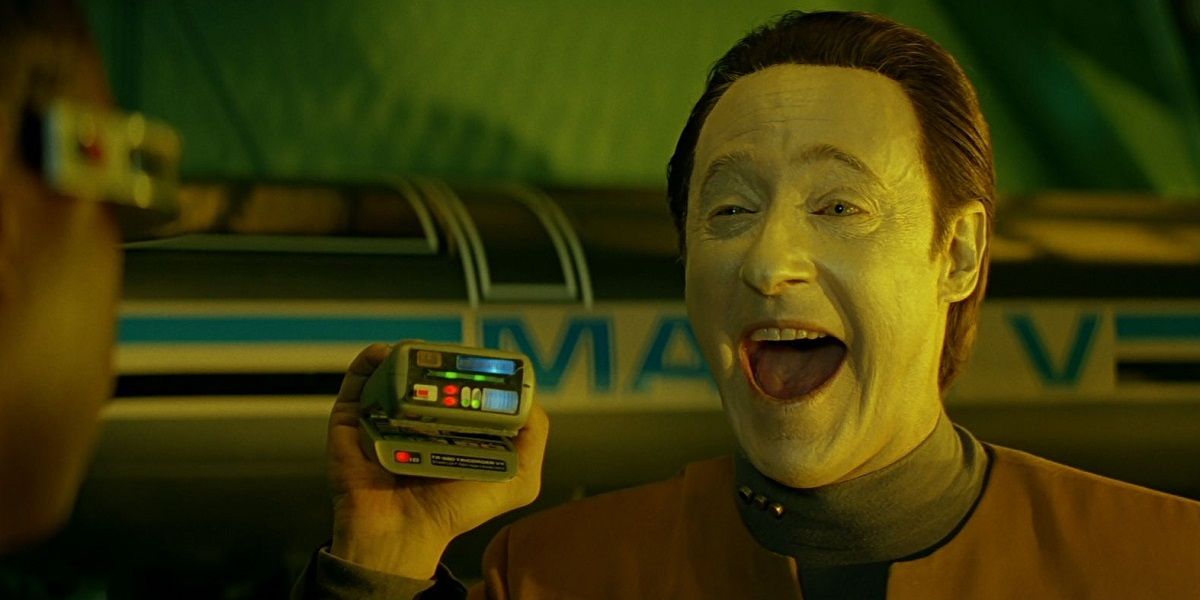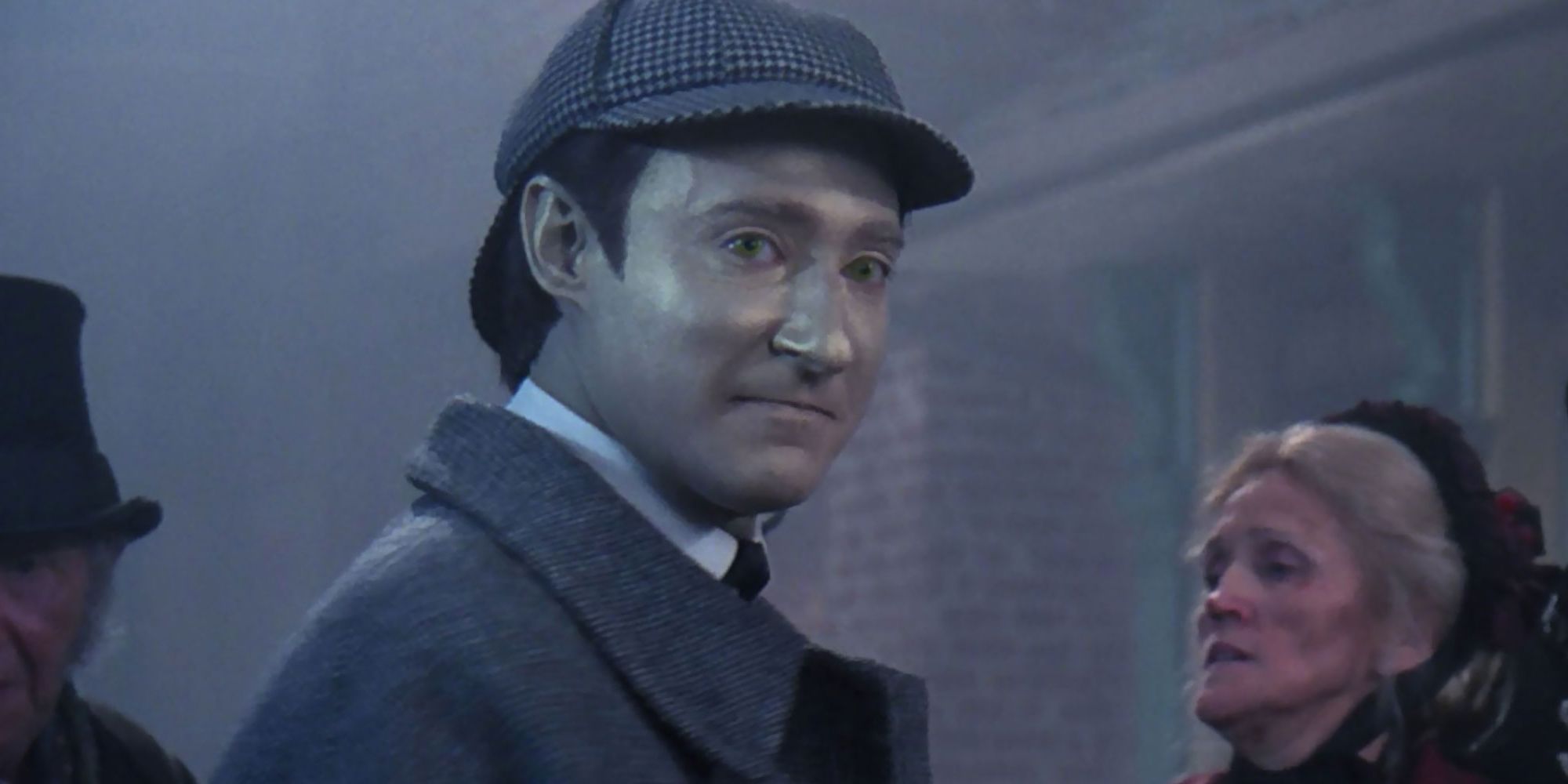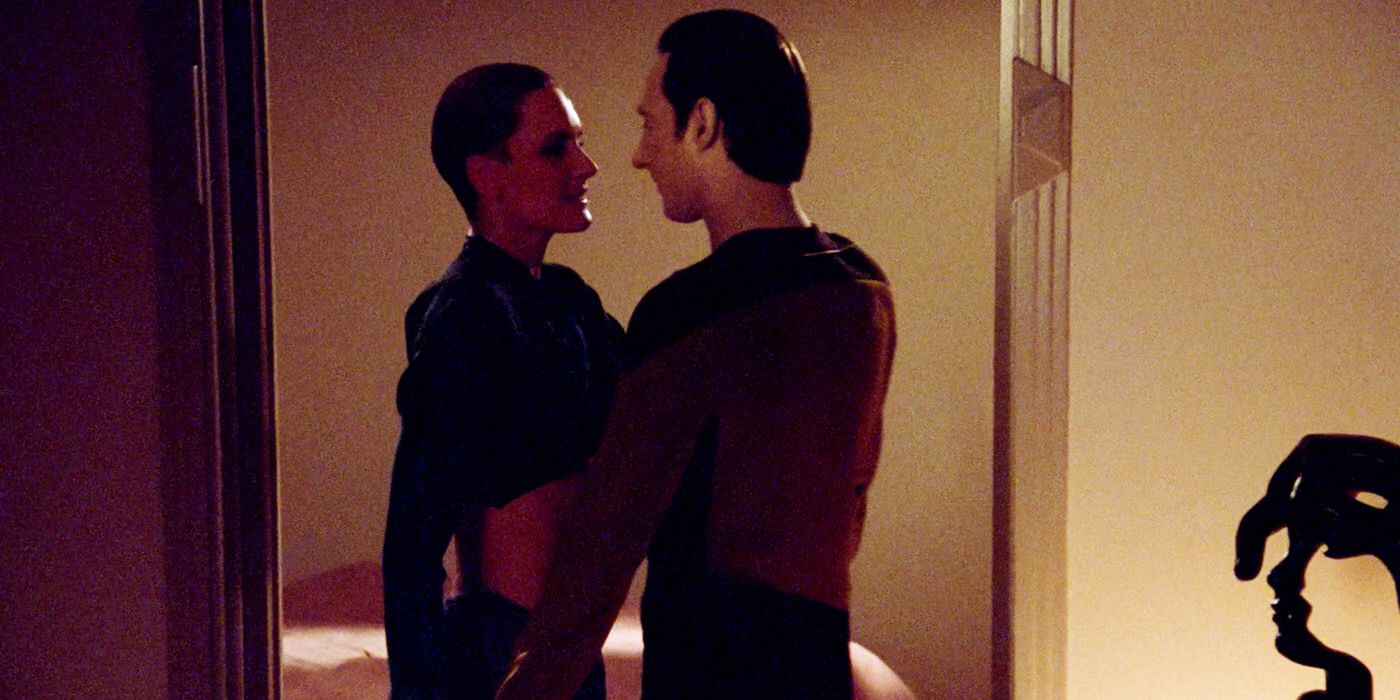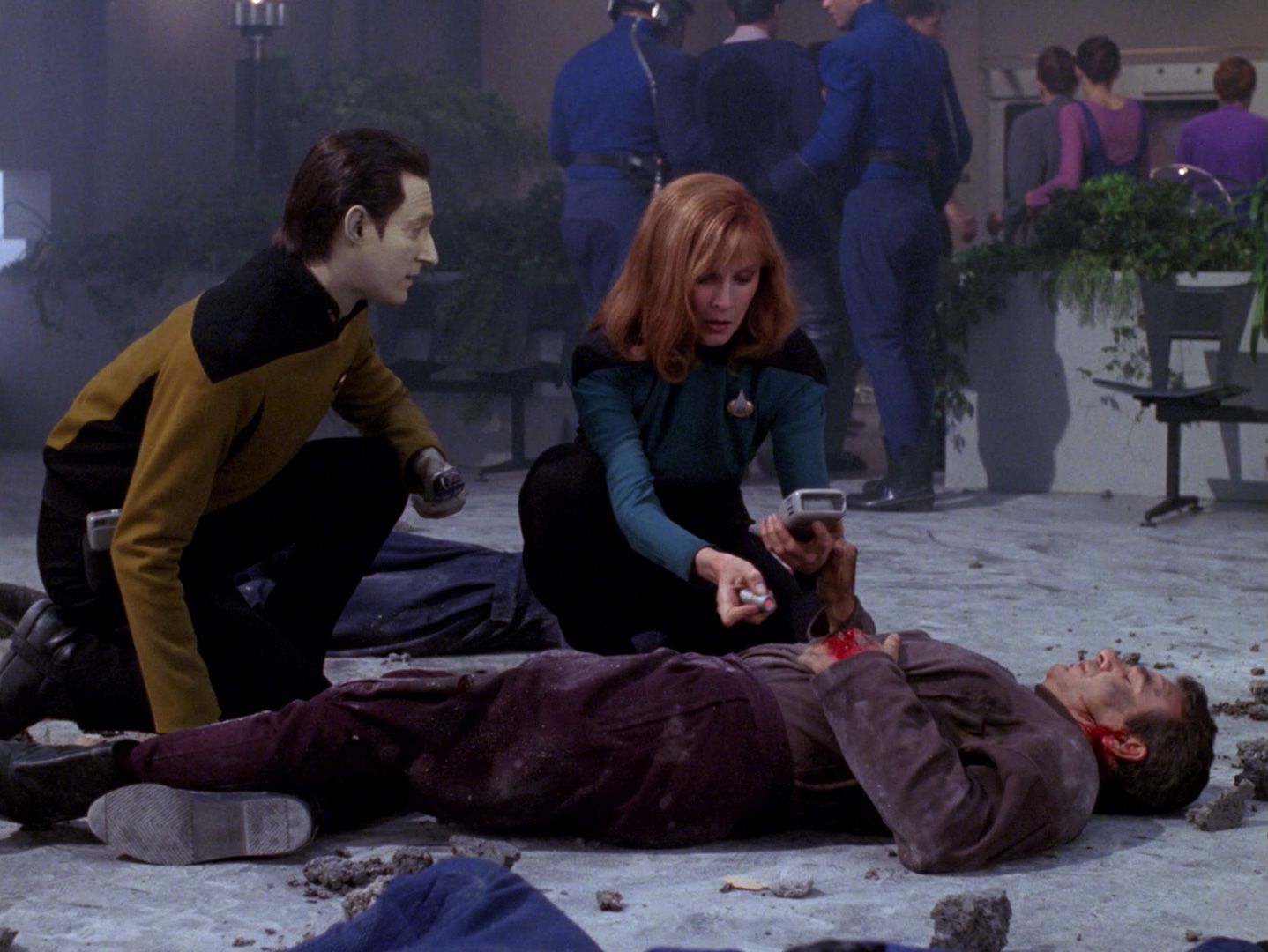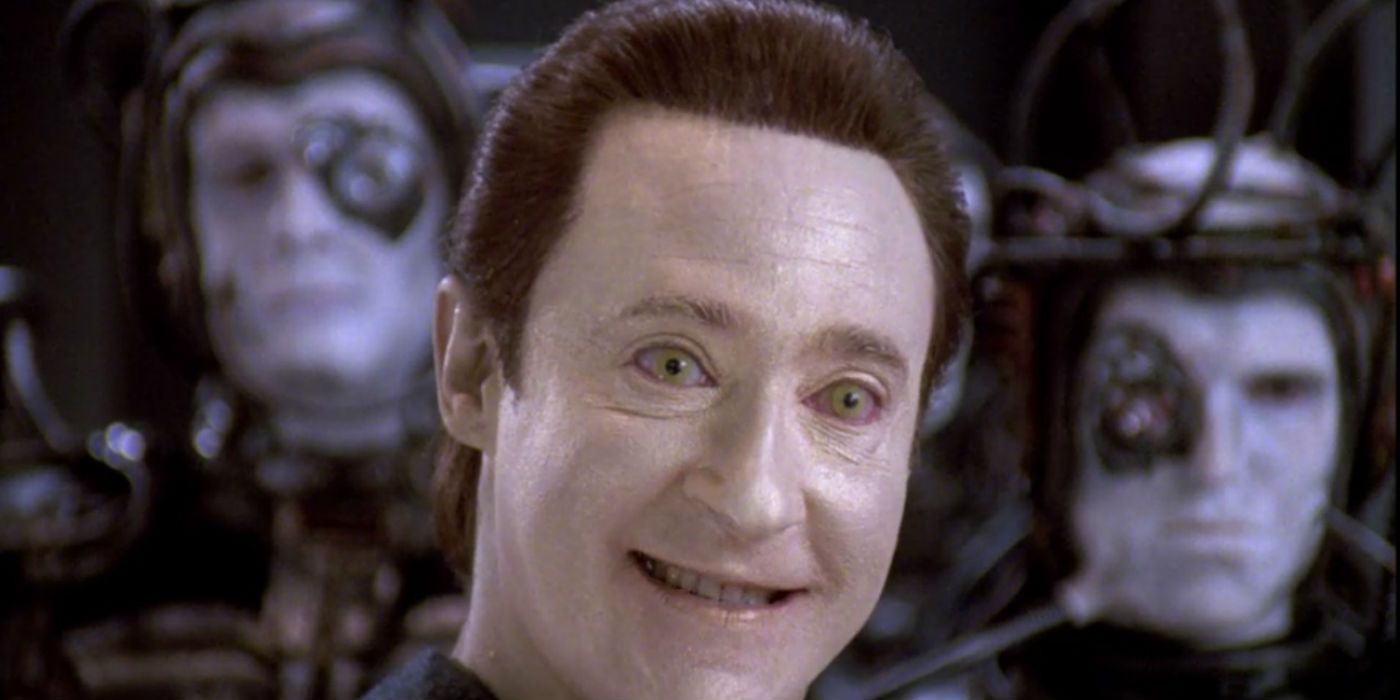Between his programming and careful planning, Lieutenant Commander Data of the Starship Enterprise should be flawless by design. For the most part, Star Trek: The Next Generation character is on point, remaining one of the most beloved characters in the show to this day. His quest to become human, with all of its dramatic twists, funny foibles, and poignant moments, gave fans a new twist on a Spock-like character to enjoy while simultaneously resulting in simple good storytelling.
Brent Spiner may not have been an enormous fan of sci-fi and expected the show to flop after a few episodes, but in it for a quick paycheck or not, he gave us a character so lasting and memorable that he will always be one of the most beloved faces in science fiction.
That's not to say that Data is entirely perfect. The android ha had his share of trials and tragedies, from sinking to the bottom of the ocean while attempting to swim to sacrificing himself to save the rest of his crew. As with any character, he hasn't always made sound decisions, and those cost him in terms of his own development.
From the goofy gaffes that induced fan eye-rolls to the harmful effects of trusting Lore, here are the 15 Worst Things Data Has Ever Done.
Ode to spot
Sure, some might say it was the cleverest thing that Data ever did, but others could say that the ironic naming of the non-spotted, non-canine animal was a stupid decision. What's worse: Data's "Ode to Spot". the cringe-worthy piece of iambic heptameter in the episode "Schisms".
While the concept of sentience changed within the show, most animal lovers will argue their sentience per their nerve endings and capacity for pain, and most of Data's poem not only denied Spot's sentience but also rendered the cat nothing more than a hedonistic predator.
While the poem was comprised of cool vocabulary choices unique to Data, only the last sentence really conveyed the feeling of poetry. An android's grasp of poetry is limited due to lack of emotion, but his superior verbal skills seem as if they should be capable of waxing poetic more poignantly.
Using Contractions
Data isn't programmed to say contractions, so he can't say them-- except when he can.
We get that there are only so many takes you can do during an episode and you learn to let the little things go. There are plenty of bloopers to prove that point across the spectrum of TV and film. But keeping in character means that Data should never say contractions, which makes the rare occurrence when he slips so glaring. There are even YouTube compilations of Data's use of contractions.
For example, in the episode, titled "Datalore", Captain Picard inquires after Data's well-being and the android responds, "I'm fine." Whether the error is meant to be funny in an ironic sense or it simply slipped through, it's a fan favorite among Data's non-canonical behaviors.
His "comedy"
There are times when Data's humor is completely on point, whether it's intentional or not. Many of his mangled attempts at humanity result in moments of hilarity that are completely oblivious to the android.
Remember his beard? "When I stroke the beard thusly, do I not appear more intellectual?" Even his attempts at small talk have been comical despite his efforts to speak like a human.
In his quest to become more human, Data often attempts to be funny.
This just doesn't always work out.
Remember the time Data summoned Joe Piscopo to teach him how to be funny in "The Outrageous Okona" during the second season of TNG? It was one of those times where it felt like Star Trek writers read a crack!fanfic and ran with it.
Mooning Over Tasha's Hologram
Data's quest to become human seems a little inauthentic when he moons over the loss of an old flame like a sentimental old man who's hit the bottle a little too hard. His tryst with Tasha Yar is cringe-worthy at best (more about that later), but when Yar dies, Data keeps a hologram image to remember her by.
This isn't just senseless for an android to do, but a little creepy.
Tasha told Data to forget their night together after it happened, discouraging any other thoughts he might have about their potential relationship. When he recalls her, he says they were intimate, and he seems to pine for her over that single fact and not because she was, say, a great teammate or friend. There's a reason why androids aren't moping around singing "Strawberry Wine".
Ol' Yellow Eyes Is Back
Remember when Data decided that he was really Frank Sinatra? Yeah, neither do we, because Brent Spiner definitely sang as himself on the album. He didn't really insinuate that Data would be performing the songs - except for that title. Oh, and the cover.
Between the allusion to Data and the inclusion of several TNG colleagues as background vocalists, Ol' Yellow Eyes Is Back was Trekkie enough to make any fan wince-- talent or no talent.
Just in case you were wondering, "The Sunsets" on the album included Michael Dorn, Jonathan Frakes, LeVar Burton and yes, even Patrick Stewart himself. It wasn't as awesomely bad as the time they all did voice work for their characters on Family Guy but it wasn't that far off.
Not Sleeping With D'Sora
Later, we'll give Data some flack about sleeping with someone he shouldn't have, but he really should have slept with his actual girlfriend.
Jenna D'Sora was a minor but competent character; a security systems specialist who fell for Data when the two shared an interest in music. Between the complications of android and human intricacies and Data's creation of a program to help him navigate through the tunnel of love (another mistake of his, if we're counting, and we definitely are), the relationship didn't last long.
Even though D'Sora was technically the android's girlfriend, she never officially became his lover. Data later revealed that the last time he'd been active was with Tasha Yar, who died long before his relationship with D'Sora. No wonder it didn't last.
Thoughts of self-termination
In season seven's "Eye of the Beholder", Data confesses to Geordi La Forge that he once considered ending his own "life" when the pathways in his circuits became more complicated. This seems to mirror the kinds of feelings teenagers often have as they rapidly develop and have trouble with their own thoughts and challenges.
Such thoughts are out of character for the android.
Data's consideration of self-termination rendered his entire search for humanity irrelevant. While the idea might make some sense in terms of his use of logic, it completely negates the wishes of his father for him to learn to become human, which fuels just about every decision Data ever makes. End his own "life" would fail to fulfill his father's goals.
Using The Enterprise Computer
When you're an android, there are plenty of things you don't need. Sleep, food, and plenty of other human needs are just moot. That's why it makes zero sense for Data to ever need the Enterprise's computer. Why can't he use his own programming instead?
Many fans argue that if he were in Star Trek today, there would be no question of his using his own system, which would likely be just as efficient if not more so than the computer's, to complete most tasks.
From a purely aesthetic view, the answer is easy: it just looks cool to see Data's beyond human fingers swiftly type at the computer. Given that Spiner still appeared quite human-like in the show, any chance to show off his robotic prowess was likely an opportunity taken.
Creating His Daughter
Everyone wants a family eventually (even if that just means you and a few cats), so it's not that shocking that Data would want progeny of his own in order to become more human-like.
The problem is that Lal was not truly a daughter and couldn't fully represent one for Data. He picked and chose her programming, attempted to copy his father's work, and even engaged Counselor Troi to help select her features.
Lal got to choose her own gender, which is weird, considering the choices she wasn't allowed to make.
Data and Troi were adamant that she be likable in terms of her appearance, putting much more emphasis on that than it should have received. It seemed a vapid level of shallowness for the show, especially when Lal's death was much more emotionally moving.
Meddling In O'Brien's Relationship With Keiko
Miles O'Brien and Keiko are not everyone's favorite couple, by any means. Whether you hate Keiko for being a whiny harpy or you think she's unfairly judged due to sexism - particularly next to O'Brien issuing the same number of complaints in their relationship - you probably didn't enjoy their coupledom.
When Data got involved in their relationship in the episode "Data's Day", things got messier.
Just before their marriage, Keiko backed out of the wedding and sent Data to tell O'Brien. Joining the game of using Data as their own personal messaging service, O'Brien then asked the android to talk his fiancee back into marrying him.
Even though they were able to wrap things up neatly by the end of the episode, it seemed another superfluous use of Data-- not to mention a good lesson on why meddling in someone else's relationship is always a bad idea.
Using The Emotion Chip
Data's biggest flaw is his constant struggle to become more human. It's as if he can never embrace himself as he is; he constantly struggles to become more like his crew mates. With every idiomatic expression, joke and hobby he "collects," it is more and more like a little boy trying to do what his father wants (or, in this case, programmed him to do) rather than follow his own ambitions.
Data's goals are programmed into him, which, unless you buy into the argument that humans are simulations to begin with, is completely against human nature. Free will may not be fully programmable but it's necessary if complete humanness is to be achieved. By never questioning what Noonien Soong desired for him, something that most offspring do by teenhood, Data could never fulfill his greatest wish, which was never truly his anyway.
Know-it-all and a know-nothing
Somewhere along the line, Data shifted from the sweet naivete that served as Spock nostalgia toward being the butt of an annoying robot joke. It's almost painful to watch Data be made fun of over and over again in a way that didn't occur with Spock. Sure, we chuckled sometimes when Nimoy didn't understand something human, but it felt more like laughing with the actor over the joke than laughing at the character.
Then Data began exhibiting such overblown confidence that it angered his loyal fans.
Perhaps writers wanted to remove some of that victim feel from the android, writing in some extreme confidence for the character. Maybe they just wanted to demonstrate growth in a new way. Whatever the reason, when Data issued a knowing quip with a smarmy expression, it did come off as annoying sometimes.
Being Creepy with Tasha Yar
First seasons often take a lot of liberties in order to settle in, get the feel for characters and help establish just who they are. That's the only reason why we've all been able to move on from the third episode of season one of TNG, "The Naked Now". Most say it's a ripoff of the first Star Trek series' "Amok Time". It was only enjoyed by those who wanted Tasha Yar and Data to get together.
When your first hookup happens because your partner is completely intoxicated, it's not something to be celebrated-- something that Tasha reminds Data afterward. Even after he carries a torch for the security guard, she has long since made the decision to forget about their manic, substance-induced encounter, which occurred after she flirted with just about everyone on board as a symptom of an exotic illness.
Suggesting That Terrorism Is Positive
When Data insinuated that terrorism can help get the job done, it was close to the worst thing that he'd ever done, period. The episode was so controversial that it was even banned in the United Kingdom. We can't blame them for not liking a sci-fi hero commenting kindly on violence saving the fate of their union.
Data stated that the Irish Unification of 2024 came about not out of peace, love and hippies but terrorism, and it served as one of the many times in history when terrorism actually served a greater purpose. Different federations have gone after terrorists, attempting to stop them from carrying out dastardly plans, so it's not a universal belief held by everyone in the final frontier, but it was such a gasp-worthy moment that the UK deemed it inappropriate viewing for its citizens.
Joining Lore And Betraying Everyone
This is the unanimously undisputed worst error of Data's life. As naive as Data may be sometimes, Lore's evil seemed pretty obvious to the rest of us, and when Data decided to follow his evil brother, we had to chalk it up to his new wrath due to his emotion chip and not Data's usual sound powers of analysis. A
fter Lore had nearly fed Data's friends and colleagues all to the Crystalline Entity, you might think that Data could easily write him off as a crazy, malevolent jerkface to never speak to again, let alone assist in a Borg takeover.
Luckily Geordi La Forge was able to reset Data's ethical programming with a kedion pulse, restoring his ability to choose for himself when to act while maintaining his ability to experience negative emotions.
---
What other shady things had Data done in Star Trek?

